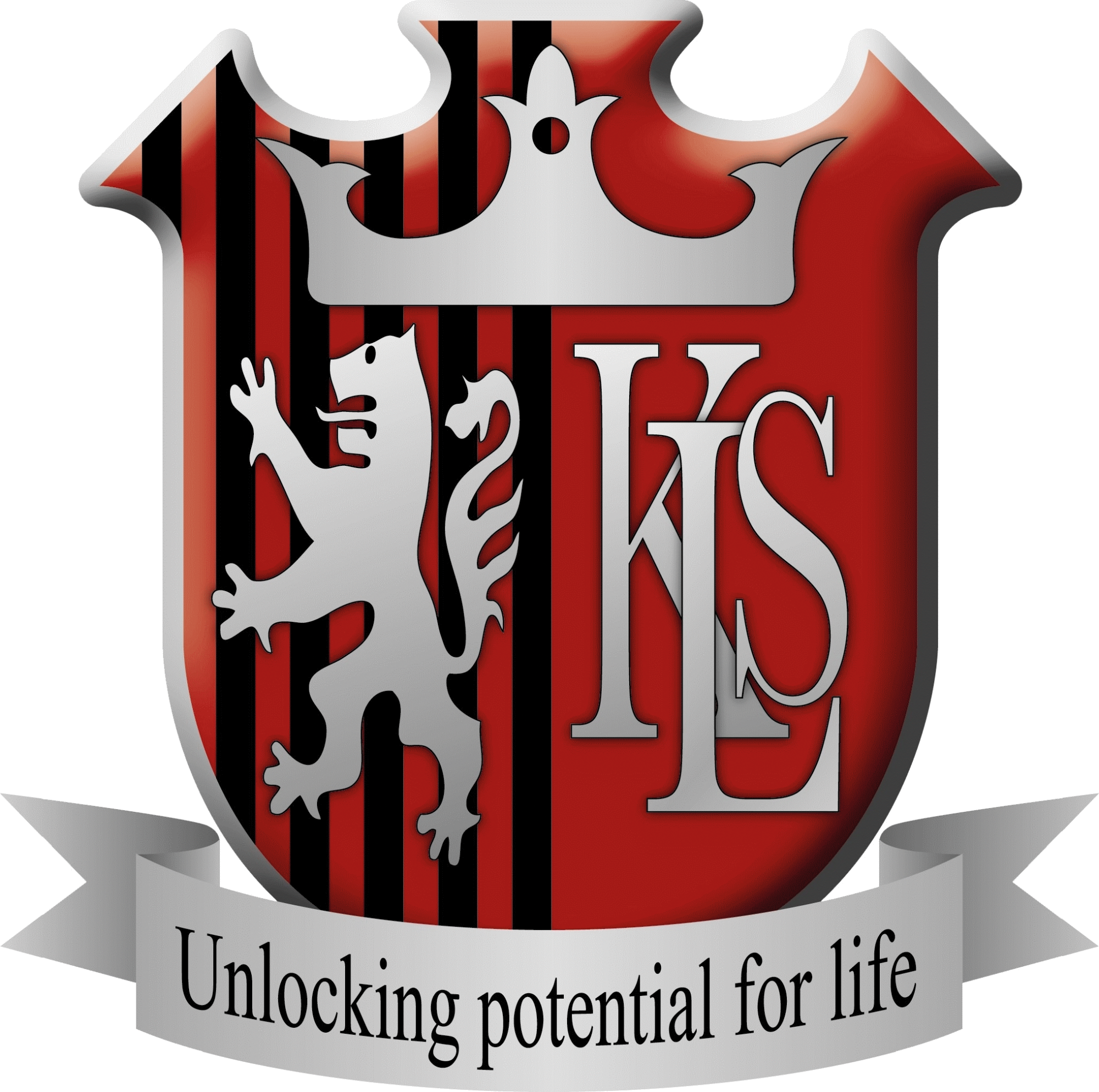Penn Resilience
“You will face many defeats in your life, but never let yourself be defeated”
Maya Angelou
The Penn Resilience Programme (PRP) was developed by the University of Pennsylvania and is grounded in research and is highly evidence based. The Penn Resilience Programme aims to develop resilience skills that help students understand and control their thoughts, feelings and behaviours. The PRP lessons are proven to reduce anxiety, depression and improve student wellbeing. The programme also aims to develop resilience skills such as self-awareness, optimism and strength of character.
The aims of the PRP are to increase students’ overall well-being and optimism, reduce and prevent depression, anxiety and stress and increase confidence. The PRP aims to equip learners with a set of practical skills that can be applied in everyday life to strengthen an individual's ability to overcome adversity and challenges, manage and thrive in their personal life.
Resilience can be described as the ability to bounce back and cope with stress and adversity. At Kings Langley school we have always believed that it is our responsibility to prepare young people with the skills they need to overcome everyday challenges and thrive in life. The PRP is designed to help all students deal with the challenges of growing up in today’s world. The lessons cover topics such as:
-
Emotional intelligence.
-
Flexible and accurate thinking
-
Behavioural control, building self.-confidence.
-
Optimistic thinking.
-
Connecting with others.
Our goal is to help students develop character and become resilient in the face of adversity.
The PRP is taught as part of the year 7 PSHE programme. There are 18 lessons in total and these lessons are delivered by Penn Resilience trained teachers. Students have one PRP lesson per fortnight. The lessons are designed to give students practical tools that will help them to deal with challenges both in and outside their education. In the lessons, students learn about the way they think and behave, as well as their feelings and the impact on their wellbeing. They also learn about different ways to handle difficult problems and ways to help themselves feel better when problems occur. Students have opportunities to practise skills through dilemmas and problem-solving scenarios.
The lessons take a fun and interactive approach to learning, which gives students the opportunity to practise evidence-based resilience tools and feel confident about using them. The PRP curriculum is spiralled and allows students to build on previous learning. Students are introduced to the concept of internal dialogue or self-talk and automatic thoughts and they learn about how they can evaluate the accuracy of their self-talk or internal dialogue. Students also learn about how they can change negative feelings by changing the way they think about problems or situations.
Students are taught about how to generate alternative thoughts and the importance of testing the accuracy of their beliefs or thought using evidence. During the programme students also learn about different communication styles like assertiveness and negotiation. They learn to practise the concepts of compromise and negotiation in real life scenarios. Students are given an opportunity to learn things that they can do in order to feel better when stressful events occur. They learn how to use coping strategies such as relaxation, disengaging, distancing and assertiveness.
At Kings Langley School, we have found that the PRP runs in perfect parallel with our character programme and enhances the students’ stickability and self-regulation, as well as their levels of empathy for others. We maintain the concept of resilience, through PSHE and the character programme for the rest of the school, but find that this year 7 programme gives the students a strong base to work from.
Further Information
If you require further information about Penn Resilience, please contact Mr Moyo, Learning Area Leader of PSHE and Character at moyom@kls.herts.sch.uk

